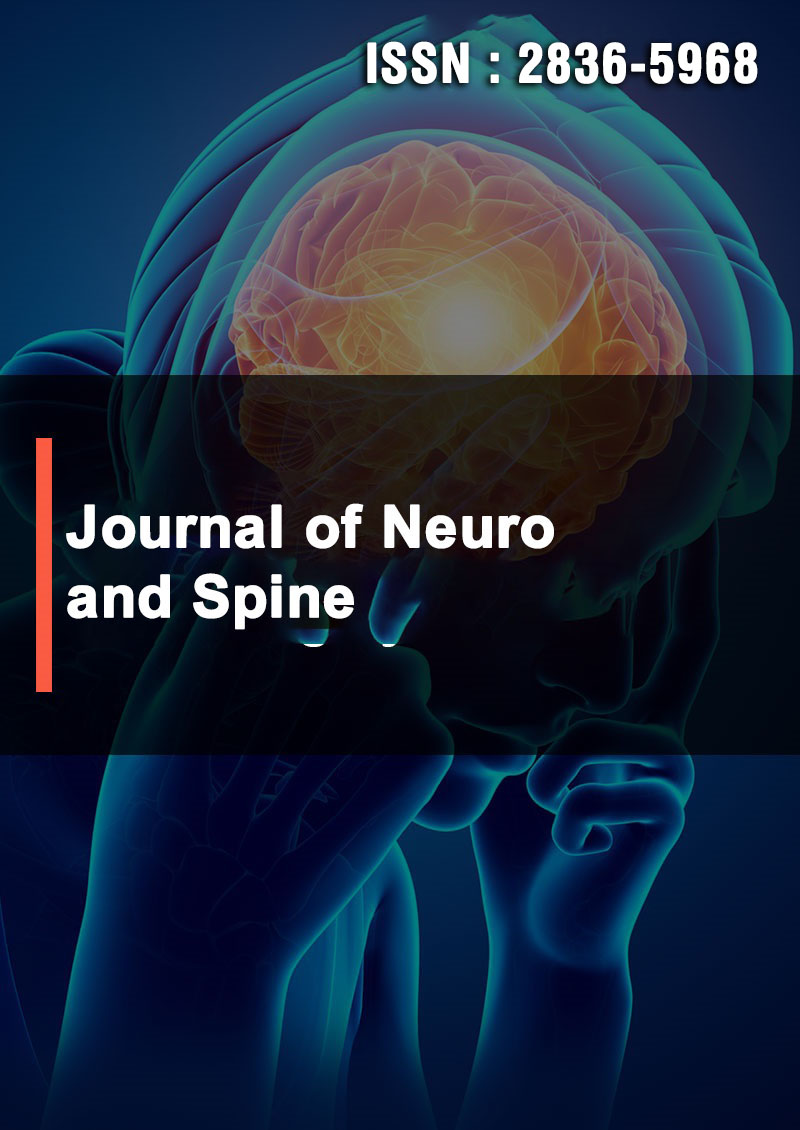Assessment and Associated Factors of Suicidal Behaviour Among Cancer Patients Visiting the Oncology Outpatient Unit in Mekelle Oncologic Clinics, Tigray, Ethiopia: A cross Sectional Study
Abstract
Abreha Tsegay, Workua Mokenen, Birhane Gebrehiwot
Background: Cancer is a group of diseases characterized by the uncontrolled growth and spread of abnormal cells. According to estimates from the International Agency for Research on Cancer, there will be 17.0 million new cancer cases in 2018 worldwide. Depression, age, sex, divorced, and hopelessness are of most factors can patient with cancer result in suicidal behaviour. The purpose of this study is to identify and associated factors of suicidal behaviour among cancer patients in Mekelle, Ethiopia.
Methods: the cross-sectional study design was conducted with a total of 345 study subjects in Mekelle, Ethiopia. Suicidal behaviour was assessed by the Suicidal Behavior Questionnaire-Revised (SBQ-R) scale tool. Bivariate and multiple logistic regression analyses were performed to determine between the explanatory and outcome variables.
Results: the magnitude of suicidal behaviour was 20%. Previously suicidal attempt [AOR = 31.466, 95% CI (14.552, 68.042), P < 0.0001] was associated factor whereas no comorbid physical illness [AOR =.0.363, 95% (0. 164, 0.806)] and current treatment regimen (surgery, radiotherapy and palliative care) were significantly protective factors for suicidal behavior.
Conclusion: no comorbid physical illness, suicide attempt and current treatment regimen were significant factors of suicidal behaviour. Oncologic professionals should assess patient suicidal risk assessment routinely and every professional focuses on management besides the medication.



